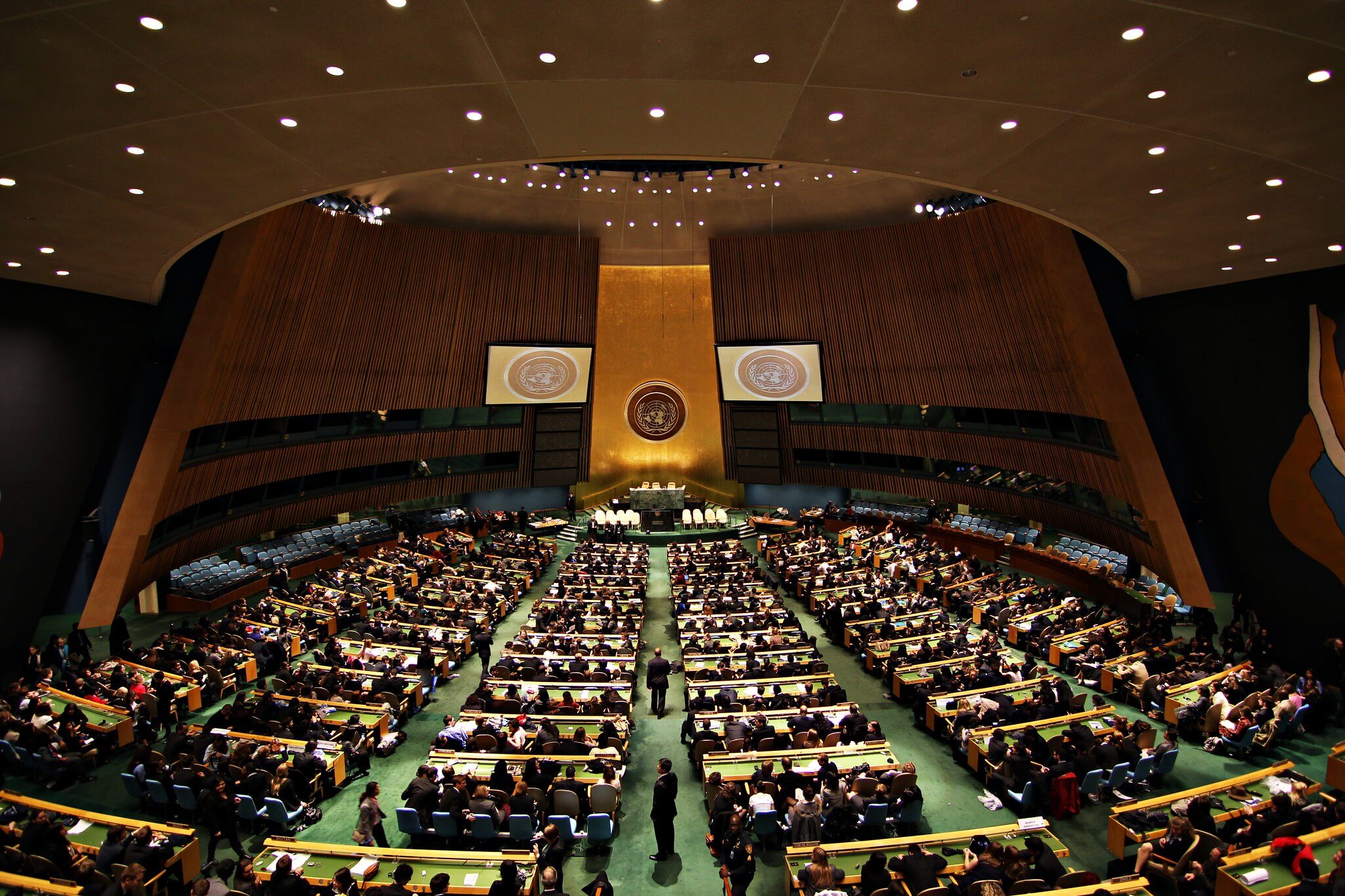-

Rational Security: The “Prison Rules” Edition
This week, Quinta Jurecic and Scott Anderson were joined by Lawfare Managing Editor Tyler "Spicy Tyler" McBrien to talk through the week's big national security news stories. -

Hard Lessons From the National Public Data Hack
The sheer scale of the breach and the way in which the data was first collected should be a national security wake-up call. -

ChinaTalk: AI and the Rise and Fall of Great Powers
-

Iran Hack Illuminates Long-Standing Trends—and Raises New Challenges
Iran’s sustained digital interference in U.S. elections now includes hack-and-leak tactics. Here’s how its strategy has evolved over time. -

Lawfare Daily: How Internet Infrastructure Affects Digital Repression in Venezuela
How has internet censorship affected the Venezuela protests? -

What’s a Little Spying Between Friends?
The latest edition of the Seriously Risky Business cybersecurity newsletter, now on Lawfare. -

A Global Treaty to Fight Cybercrime—Without Combating Mercenary Spyware
The UN’s new cybercrime treaty is poised to become a vehicle for complicity in the global mercenary spy trade. -

Rational Security: The “Make Daguerreotypes Great Again” Edition
This week, Alan Rozenshtein and Quinta Jurecic sat down with Molly Reynolds and Kevin Frazier to talk about the week’s big developments. -

Technology Controls to Contain China’s Quantum Ambitions Are Here
They are neither effective nor desirable. -

Privacy Protections of the Stored Communications Act Gutted by California Court
A California court of appeal has eviscerated statutory privacy protections that prevent providers from disclosing the content of user communications. -

Lawfare Daily: Shoba Pillay and Jennifer Lee on the Dismissal of Charges Against the SolarWinds Corporation and Timothy Brown
Why did a district court judge dismiss some of the SEC's charges against SolarWinds? -

AI and Declassification: Will LLMs Bring More Transparency—or Less?
Large language models can help redact and declassify sensitive documents. But adversaries could use LLMs to exploit U.S. transparency.
The upcoming main navigation can be gotten through utilizing the tab key. Any buttons that open a sub navigation can be triggered by the space or enter key.







.png?sfvrsn=68f85b41_5)

.jpg?sfvrsn=8b57cabd_5)

.png?sfvrsn=efa9577c_5)


